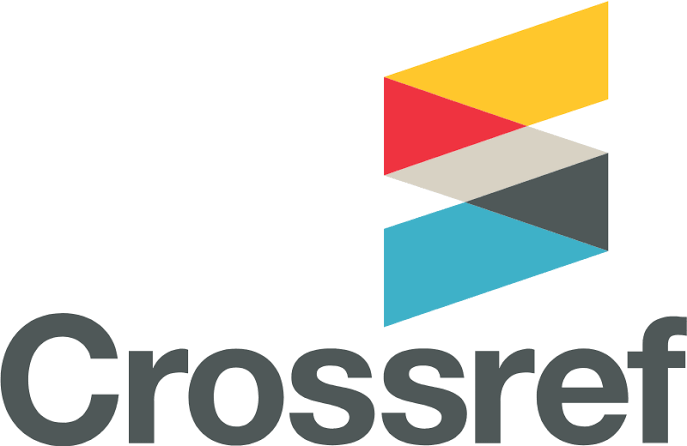TERTIARY EDUCATION AND COMPUTER BASED TEST IN NIGERIA
DOI:
https://doi.org/10.59795/m.v2i3.191Keywords:
computer-based testing; assessment; higher education; Nigeria; efficiency; accessibility; challengesAbstract
In recent years, Nigerian tertiary institutions have begun to adopt Computer-Based Testing (CBT) as an alternative to traditional paper-and-pencil assessments. This chapter explores the concept, advantages, benefits, and implementation challenges of CBT in Nigerian universities, polytechnics, and colleges of education. Drawing on empirical studies from Nigerian settings and international literature, it examines how CBT can enhance efficiency, test integrity, timeliness of results, accessibility (including for special needs students), and large-scale delivery. At the same time, it analyses barriers such as infrastructural deficits (ICT facilities, electricity), digital divide, limited training, resistance to change, and issues with assessing complex skills. The chapter proposes sustainable strategies, including investment in ICT infrastructure, stable power supply, capacity building for staff and students, inclusive design for differently-abled candidates, robust security and proctoring, and policy frameworks to support CBT adoption. With proper implementation, CBT has strong potential to improve fairness, transparency, and reliability of assessments in Nigerian higher education.
Downloads
Published
How to Cite
Issue
Section
License
Copyright (c) 2025 Multi-Disciplinary Research and Development Journals Int'l

This work is licensed under a Creative Commons Attribution-NonCommercial-NoDerivatives 4.0 International License.












